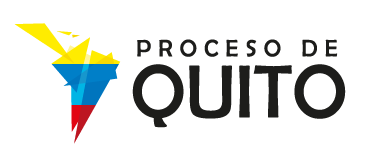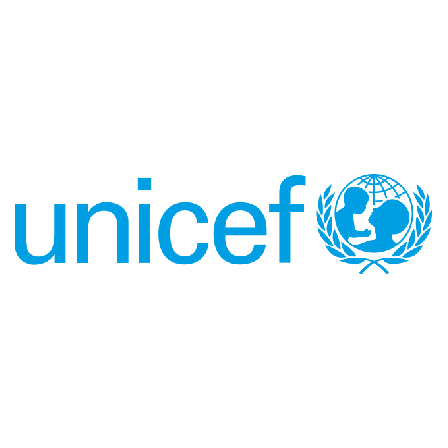Family reunification
FAMILY REUNIFICATION
With the support of:
Family unity is a key aspect of human rights that plays a vital, stabilizing and central role in the process of social integration of refugees and migrants in host societies.
The proposal to include family reunification as a specific topic in the VI Meeting of the Quito Process is aimed at promoting discussion among the States and other actors about measures and projects that facilitate access and promote a more effective impact of reunification in the region, that may complement other mechanisms under discussion in the Process. The intention is none other than to achieve the transnational protection of children and adolescents in the context of human mobility in the region.
This proposal seeks to expand mechanisms for accessing the territory, for regularization and documentation that reduce the risks assumed by families in vulnerable situations, forced to resort to irregular routes to move from country to country, as well as to contribute to finding solutions.
The Latin American and Caribbean States that participate in the Quito Process nowadays host many refugees and migrants from Venezuela who have settled in their territories in recent years. Many have left their country due to the deterioration of the socio-economic, political and human rights situation, and a large part of them have temporarily established their residence or obtained various permits of residence or legal stay in other countries of the region.
The increasing number of Venezuelan refugees and migrants arriving in the region’s countries between 2017-2020 led to a response approach strongly focused on their reception and assistance to their immediate needs. This scenario now overcome, the current challenge relates to the efforts to promote successful integration in the new host societies where they have settled.
Family unity is essential for the successful integration of refugees and migrants into host communities and contributes to greater participation in the economic, social and cultural life of host countries.
Likewise, family reunification is an ideal way to provide access to regularization mechanisms and promote safe travel conditions across borders for families that have been separated. Family reunification helps to strengthen the family’s social support system and, therefore, their communities’, mitigating the social risks associated with the separation of the family nucleus and enhancing the prospects for socioeconomic recovery of all its members.
The principle of family unity is recognized and protected by international and regional law, among others, through the Universal Declaration of Human Rights, the International Covenant on Civil and Political Rights, the United Nations Convention on the Rights of the Child and the American Convention on Human Rights. The principle of family unit was recently included in the framework of the Inter-American Principles on the human rights of all refugees, migrants, stateless persons and victims, adopted by the Inter-American Commission on Human Rights. Likewise, the national legislation of many countries in the region contemplates and establishes provisions on the right to family reunification of refugees and migrants.
In practice, families who have been separated in contexts of displacement face many obstacles throughout the reunification process, including documentation requirements and difficult costs to cover, lack of information and support, complex and lengthy procedures, as well as logistical barriers for the journey of their relatives.
Looking towards expanding and facilitating family reunification, it is necessary to review the requirements, safeguards and procedures in force for the departure, admission and regularization of family members who remained in other countries; to strengthen coordination between States, as well as discussing the role that cooperation actors and civil society can develop in order to support the legal, administrative and logistical aspects of the reunification and integration of families in host communities.
The initiative has the technical support from United Nations Agencies (UNHCR, IOM, UNICEF), looking to establish a space for discussion and cooperation among the States of the region, aimed at facilitating the right to family unity and strengthening family reunification procedures.
At the end of the plenary session of September 23 and 24 of Round VI of the Quito Process, the concept of “unaccompanied children and adolescents” was introduced among the delegates, which opened a reflection and placed the emphasis on the other family components of Venezuelan migrants and refugees. In this sense, an improvement will be sought in paperwork management and the way to coordinate the legal application regimes of the countries related to family reunification, as well as to follow up on issues of intra-state work and cooperation between States.
AREAS OF WORK







